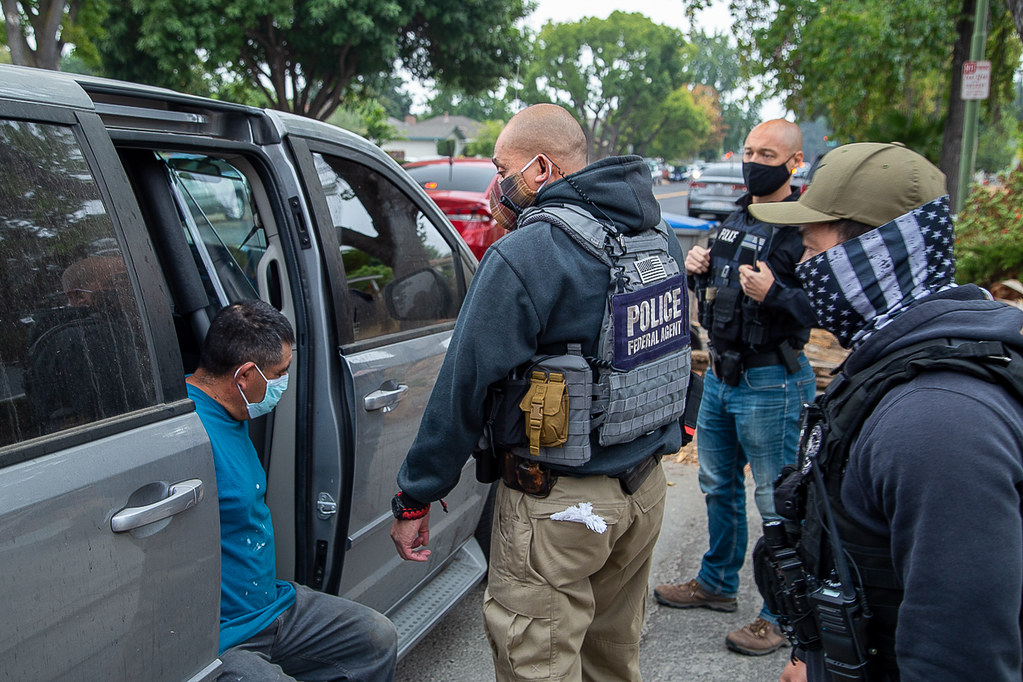 By Steve Neavling
By Steve Neavling
ticklethewire.com
A judge slammed the FBI for saying it would take 17 years to provide public records to a documentary film filmmaker.
U.S. District Judge Gladys Kessler of Washington said the FBI’s insistence that it would take until 2034 to provide records about anti-war and civil rights activists in the 1960s and ’70s was unacceptable, Politico reports.
The judge rejected the FBI’s proposed timeline, which is based on the bureau’s policy of release large record requests at a pace of 500 page a month. The bureau insisted that a quicker pace could shut down the FBI’s FOIA operation.
Documentarian Nina Seavy, who is 60, said she can’t wait 17 years to get about 110,000 page of records from the FBI.
Neither didn’t the judge.
“Neither proffered justification is persuasive,” the Clinton appointee wrote. “In the name of reducing its own administrative headaches, the FBI’s 500-page policy ensures that larger requests are subject to an interminable delay in being completed. Under the 500-page policy, requestors must wait 1 year for every 6,000 potentially responsive documents, and those who request tens of thousands of documents may wait decades.”
The judge also didn’t buy the argument that providing records at a pace faster than 500 pages a month would jeopardize smaller FOIA requests.
“If the FBI really wanted to demonstrate that processing larger FOIA requests would impact the processing of other requests there are numerous data points it could provide the Court,” Kessler said. “Instead, the limited data the FBI has provided suggests exactly the opposite.”





